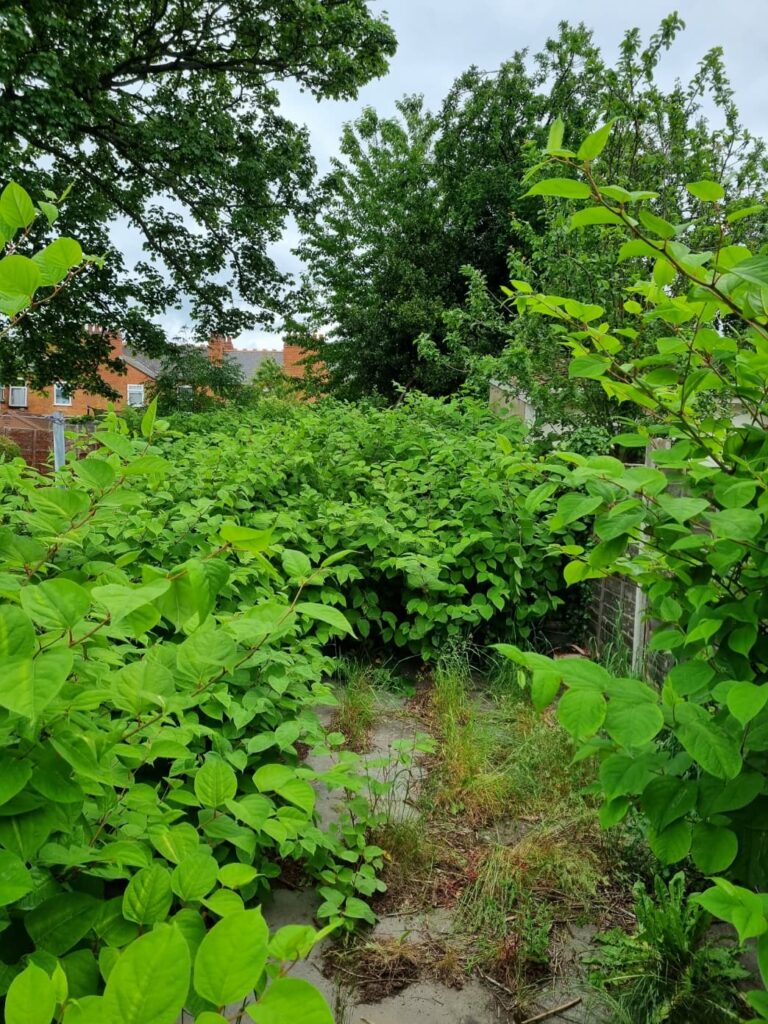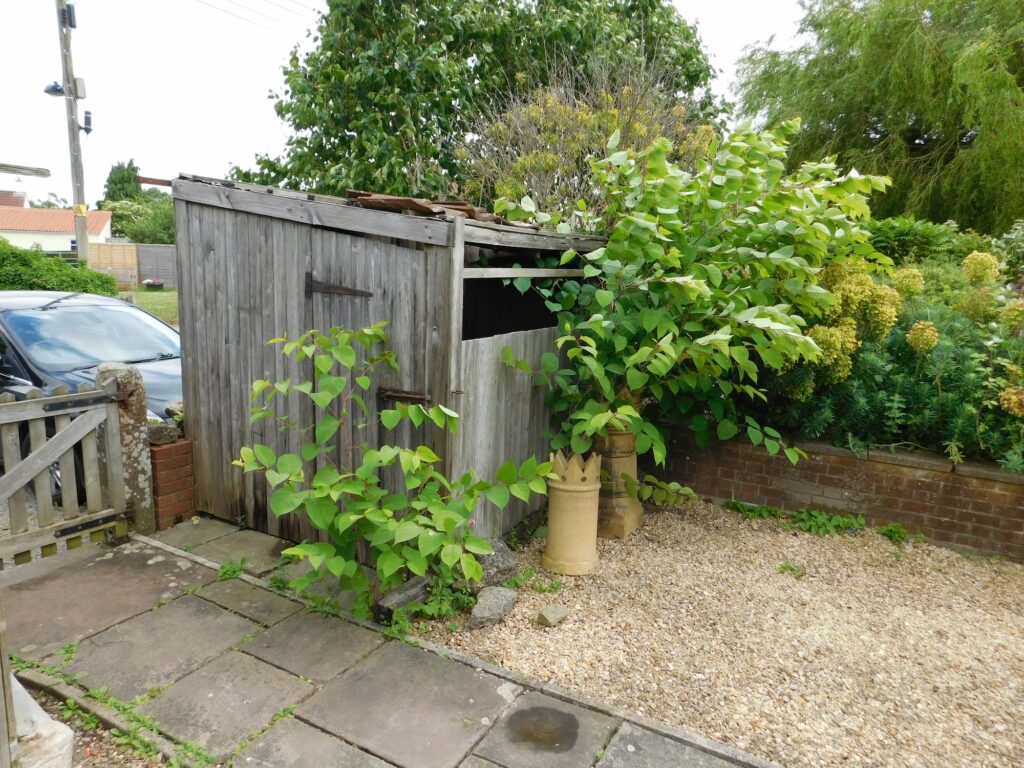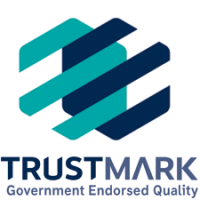If you’re a homeowner in the United Kingdom looking to sell your property, you know that there are certain factors that can signifcantly affect its value and desirability. One such factor is the presence of Japanese Knotweed, an invasive plant species that can have a big impact on the ability to buy and sell a property. If you suspect or have identifed Japanese Knotweed on your property, it’s crucial to take action to prevent it from spreading outside of your property. If it is not on your property but close to your property, belonging to the Council or a neighbour, then it is equally important to encourage or ask the Council or neighbour to prevent it from coming on to your land. In this guide, we’ll walk you through the process of reporting Japanese Knotweed, what information you should provide, and how to navigate the legal aspects in the UK.
What is Japanese Knotweed?
Japanese Knotweed (Reynoutria Japonica Syn. Fallopia Japonica) is a fast-growing plant that was originally introduced to the UK as an ornamental species in the 19th century. However, it quickly became apparent that this plant had a dark side. Japanese Knotweed is highly invasive, capable of spreading rapidly and smothering native plants, reducing bio-diversity and amenity use of land and if left alone can eventually take over small gardens and large areas of land. Its rhizomes can extend several metres.

The Importance of Reporting Japanese Knotweed:
Identifying and reporting Japanese Knotweed promptly is crucial to prevent its further spread and mitigate potential damage. Local councils in the UK have specific procedures in place to deal with invasive plant species, and reporting Japanese Knotweed to them is the first step towards addressing the issue effectively.
What to Look For:
Before you report Japanese Knotweed, it’s essential to ensure that you’ve correctly identified it. Japanese Knotweed has distinctive features that set it apart from other plants. It typically grows in dense stands, with tall bamboo-like canes, heart-shaped leaves, and creamy-white flowers in late summer. During the winter months, the plant dies back, but its dead canes persist, providing a visible indication of its presence.

How to Report Japanese Knotweed to Your Local Council:
Gather Evidence: Take clear photographs of the suspected Japanese Knotweed on your property, including close-ups of leaves, flowers, and the overall plant structure. This evidence will support your report and help the council identify the plant accurately.
Contact Your Local Council: Visit your local council’s website or call their designated helpline for reporting invasive species. Provide them with all the relevant details, including your name, address, contact information, and a description of the suspected Japanese Knotweed on your property. Attach the photographs as evidence.
Follow Up: After making the initial report, follow up with the council to ensure they have received your complaint and understand the urgency of the situation. Ask for an estimated timeline for their response and any necessary actions they will take.
Legal Considerations:
It’s important to understand the legal implications of having Japanese Knotweed on your property. The presence of this invasive species can affect your ability to sell or mortgage your home. In the UK, there are laws and regulations in place to address the control and treatment of Japanese Knotweed. Failure to disclose its presence can lead to legal consequences and financial liabilities.
Always consult with legal professionals, such as solicitors or conveyancers, who specialize in property transactions, to ensure you comply with the legal requirements. They can guide you on how to disclose the presence of Japanese Knotweed and help you navigate the necessary steps to address the issue effectively.
Conclusion:
Reporting Japanese Knotweed to your local council is a crucial step in combating the spread of this invasive plant species and protecting your property’s value. By providing accurate information and evidence, you contribute to the efforts aimed at controlling and eradicating Japanese Knotweed. Remember to seek legal advice when dealing with Japanese Knotweed to ensure compliance with the relevant laws and regulations in the UK. Together, we can work towards a healthier and more resilient environment.
Resources
A comprehensive list of all UK councils with web addresses and contact information
- A-Z of Councils Online: The Local Government Association (LGA) provides an A-Z list of councils in England and Wales with links to their official websites. This resource can be helpful in finding the websites of specific councils.
- Government website: The official government website provides a “Find your local council” tool that allows you to search for your local council by entering your postcode or location. This tool can help you find the specific council in your area and then access their website for further information.
- OpenStreetMap Wiki: The OpenStreetMap wiki provides some information about UK councils, including contact details and other relevant information. While this resource may not have comprehensive information for every council, it can be a starting point for finding contact details for certain councils.
- Freedom of Information Requests: Platforms like WhatDoTheyKnow allow individuals to submit Freedom of Information requests to public authorities, including local councils, to obtain specific information, including contact details









